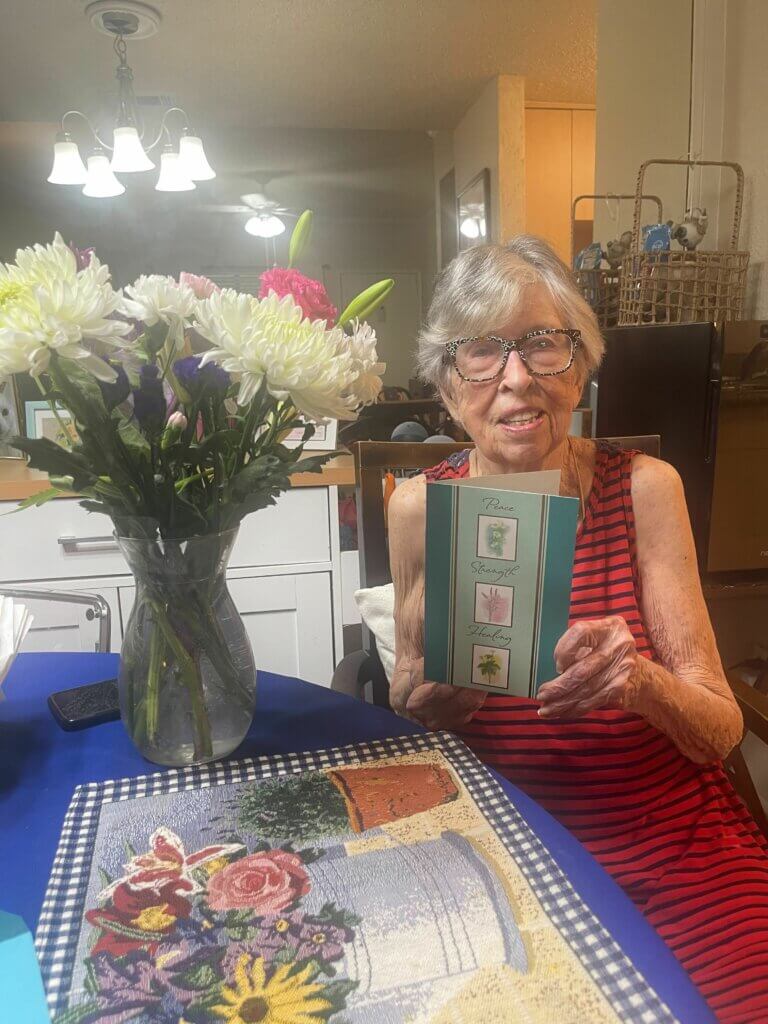Discover effective strategies to make the transition to memory care smoother for your loved one.
Understanding the Importance of a Smooth Transition to Memory Care
When it comes to transitioning a loved one into memory care, ensuring a smooth and seamless process is crucial. Moving to a new environment can be overwhelming and confusing for individuals with memory loss, so it’s important to understand the significance of a smooth transition. By providing a supportive and comforting experience, you can help your loved one feel more at ease during this challenging time.
A smooth transition offers numerous benefits for your loved one’s well-being. It reduces anxiety and stress, allowing them to adapt to their new surroundings more easily. It also promotes a sense of security and stability, as they can feel confident in their new living arrangements. Additionally, a smooth transition sets the stage for a positive experience in memory care, fostering a better quality of life for your loved one.
To ensure a smooth transition, it is essential to plan ahead and gather as much information as possible about the memory care facility. Understanding the services, amenities, and daily routines can help you prepare your loved one for the change. It’s also important to communicate openly with the staff and ask any questions you may have. By being well-informed, you can make informed decisions and take proactive steps to ensure a successful transition.
Discover when it may be necessary to consider memory care for your loved one and how it can benefit them.
Creating a Supportive Environment
- Consider Specific Needs, Preferences, and Interests
- Personalize the Space with Familiar Belongings
- Promote a Warm and Welcoming Atmosphere
- Maintain Consistent Presence and Visits
Creating a supportive environment is crucial for your loved one’s smooth transition to memory care. This involves considering their specific needs, preferences, and interests. By making the new space feel familiar and personalized, you can help your loved one feel more comfortable and at home.
Start by decorating their room with familiar belongings, such as family photos, favorite books, and cherished mementos. This can provide a sense of familiarity and promote a feeling of belonging. Additionally, consider incorporating elements from their previous home, such as furniture or decorations, to create a sense of continuity.
Furthermore, it’s essential to establish a warm and welcoming atmosphere in the memory care facility. Encourage staff members to engage in meaningful interactions with your loved one, fostering a sense of connection and support. Providing a calm and peaceful environment, free from excessive noise or distractions, can also contribute to their well-being and overall adjustment.
Additionally, maintaining a consistent presence and visiting your loved one regularly can provide comfort and reassurance during the transition period. Your presence can help them feel loved and supported, reducing any feelings of loneliness or isolation.
Establishing a Routine
- Provide Structure and Predictability
- Create a Personalized Schedule
- Incorporate Enjoyable and Familiar Activities
- Communicate the Routine Clearly Using Visual Cues
Establishing a routine is an essential aspect of transitioning to memory care. Routines provide structure and predictability, which can be especially beneficial for individuals with memory loss. By establishing a consistent daily routine, you can help your loved one feel more secure and reduce anxiety.
Work with the memory care facility staff to create a personalized schedule that aligns with your loved one’s preferences and habits. Incorporate activities that they enjoy and are familiar with, such as hobbies, music, or gentle exercise. This can help them maintain a sense of normalcy and provide a comforting routine to rely on.
It’s also important to communicate the daily routine with your loved one, using visual cues and reminders if necessary. This can help them understand what to expect and feel more in control of their day. Regularly reviewing and discussing the schedule with the staff can ensure that it is followed consistently, promoting a smooth transition and a sense of stability.
Ensuring Continuity of Care
- Share Detailed Medical History and Care Requirements
- Maintain Regular Communication with Facility Staff
- Prioritize Emotional Support and Social Engagement
- Address Concerns Promptly and Collaborate with Staff
Ensuring continuity of care is crucial to a smooth transition for your loved one. This involves working closely with the memory care facility staff to ensure that their medical and personal needs are met consistently.
Provide the staff with detailed information about your loved one’s medical history, medications, and specific care requirements. This will enable them to provide appropriate and personalized care. Regular communication with the staff, including updates on any changes or concerns, is also essential to maintain open lines of communication and address any issues promptly.
In addition to medical needs, it’s important to ensure continuity in emotional support and social engagement. Encourage the staff to engage in meaningful interactions and activities that promote socialization and emotional well-being. Regularly check in with your loved one to assess their satisfaction with the care they are receiving and address any concerns or suggestions they may have.
By prioritizing continuity of care, you can help your loved one feel safe, secure, and well-cared for, promoting a smooth transition to memory care.
Embracing Positive Communication
- Use Clear and Simple Language
- Practice Active Listening and Patience
- Avoid Condescending Tone or Correcting
- Encourage Positive Communication Strategies in Facility Staff
Embracing positive communication is essential during the transition to memory care. Effective communication can help reduce anxiety, frustration, and confusion for your loved one, fostering a smoother transition experience.
When communicating with your loved one, use clear and simple language, speaking slowly and calmly. Give them ample time to process information and respond. Avoid talking down to them or using a condescending tone, as this can be demeaning and undermine their sense of dignity.
Active listening is also crucial. Be patient and attentive, allowing your loved one to express their thoughts and feelings. Validate their emotions and provide reassurance and support. Avoid correcting or arguing with them if they express confusion or memory lapses. Instead, redirect the conversation or focus on positive aspects to maintain a positive atmosphere.
Furthermore, encourage the memory care facility staff to embrace positive communication strategies. This includes actively listening, showing empathy, and using non-verbal cues to enhance understanding. By fostering a respectful and compassionate communication environment, you can help your loved one feel valued and understood during their transition to memory care.
Reach out to us at 832-371-6600 and learn how you can ensure a smooth transition for your parents.
Home Matters Caregiving proudly serves the Houston Metro area providing care for seniors wherever they call home.












